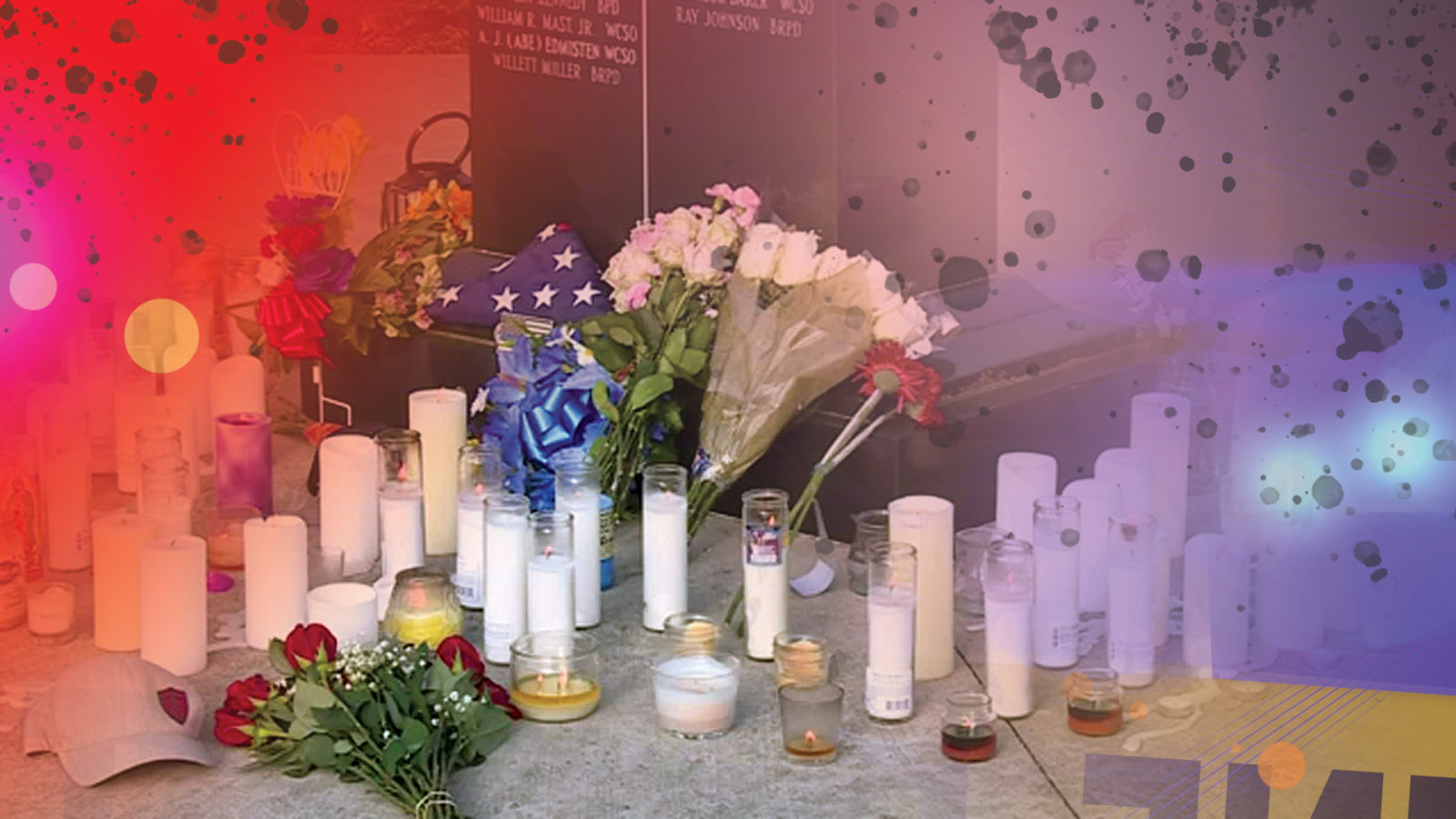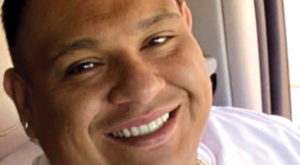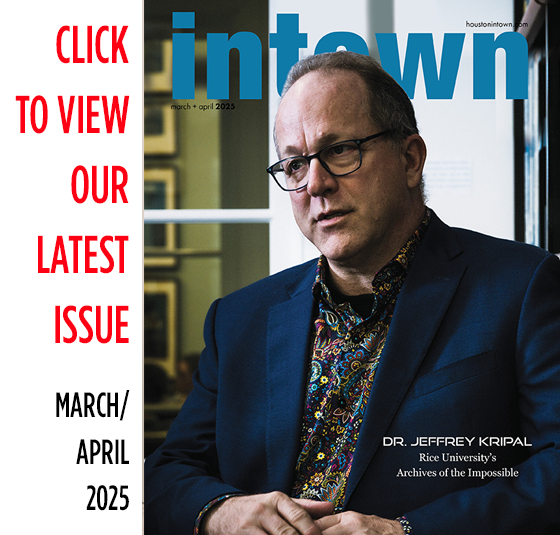Houston Homicide Rate Soars

April 4 was a deadly day in Houston. Brianna Navarro, the 22-year-old pregnant mother of two, was shot in the back and killed as she and her boyfriend were trying to leave a convenience store after an altercation. Hours later, a robbery turned deadly left 37-year-old Miguel Vasquez shot and dying in the parking lot of an entertainment complex as his daughter watched. At press time neither homicide had been solved.

It was not just the random violence that made that Easter weekend tragic, it was also the fact that the murders pushed Houston’s homicide numbers over 100, on pace to match or surpass 2020’s 405 murders, which was an increase of 42 percent over 2019 murders and the most in a decade for the Bayou City.
Former Houston Police Department (HPD) Chief Art Acevedo, in his final press conference before leaving for a higher-paying job in Miami, said “Get ready for 500 murders.”
But that still wouldn’t make Houston the murder capital of the country. Last year Chicago recorded more than 700 homicides and Philadelphia was close to 500 murders. The trend upwards is nationwide and one of the main causes is the COVID-19 pandemic.
“Unprecedented losses for people, the stress and anxiety,” explains HPD Homicide Division Commander Belinda Null. Dr. Michael Kane, director of the Criminology, Law and Society program at the University of St. Thomas (the only program of its kind in Texas), concurs.
“The stress of the lockdown and the economic downturn that came with the pandemic made more arguments turn deadly,” says Dr. Kane. “That was the leading cause of homicides in 2020. Also, the slowdown of the Harris County court system. The pandemic caused fewer trials because of social distancing. If a person has been arrested and hasn’t gone to trial, they feel like they’ve beaten the system. Also, the release of violent offenders when the pandemic started because they had to keep the jail population down, so more were released on lower bond and personal recognizance bonds.”
Historically, major events have contributed to spikes in homicide rates in Houston and other major U.S. cities. The early ’70s saw an increase with the rise of American serial killers think Houston’s Dean Corll who tortured and murdered at least 28 teenagers and young men between 1970 and 1973. And, again in the early 80’s when Houston recorded 701 homicides for 1981 which Dr. Kane attributes to the influx of crack cocaine in major cities nationwide. A trend that continued into the early ’90s. And now COVID-19 is taking its murderous toll across the country.
“We’re not as bad as other cities,” says Dr. Kane, “but we’re bad.”
 Dr. Kane says most murders can’t be prevented by the police. “Often it’s people who are known to each other and the crime is committed in private areas. What we need are more courtrooms and trials.”
Dr. Kane says most murders can’t be prevented by the police. “Often it’s people who are known to each other and the crime is committed in private areas. What we need are more courtrooms and trials.”
Commander Null agrees with the sentiment but adds there are things Houston can do to keep murders down.
“Under new Chief Troy Finner we are focused on violent crime,” she says. But she adds that citizens need to be vigilant. “People need to be aware of their surroundings. If someone cuts you off in traffic let it go. You don’t know what kind of day they’ve had, and people are quick to pull out a gun when stressed. And if you have a gun, keep it secured. Leaving it in your car overnight is not secured, if someone knows or sees you do that, they can break in and take it.
“We really need to get the police, the court system, and the community on the same page,” she says. If history is any indication, homicide rates will go back down, eventually. In the meantime, add being aware of your surroundings, not engaging with angry people, and reporting crimes to the police to your toolkit of vaccines, masks, and social distancing to keep you safe this year.























